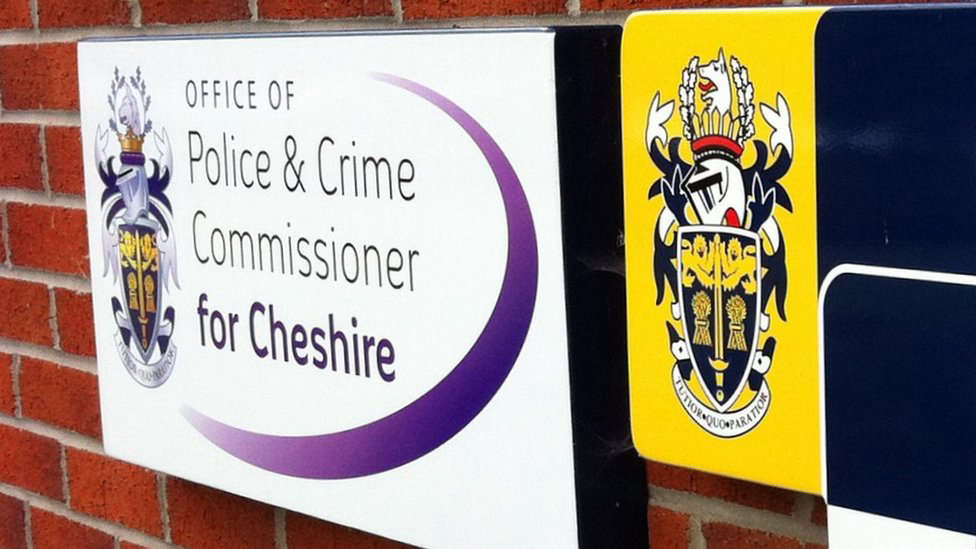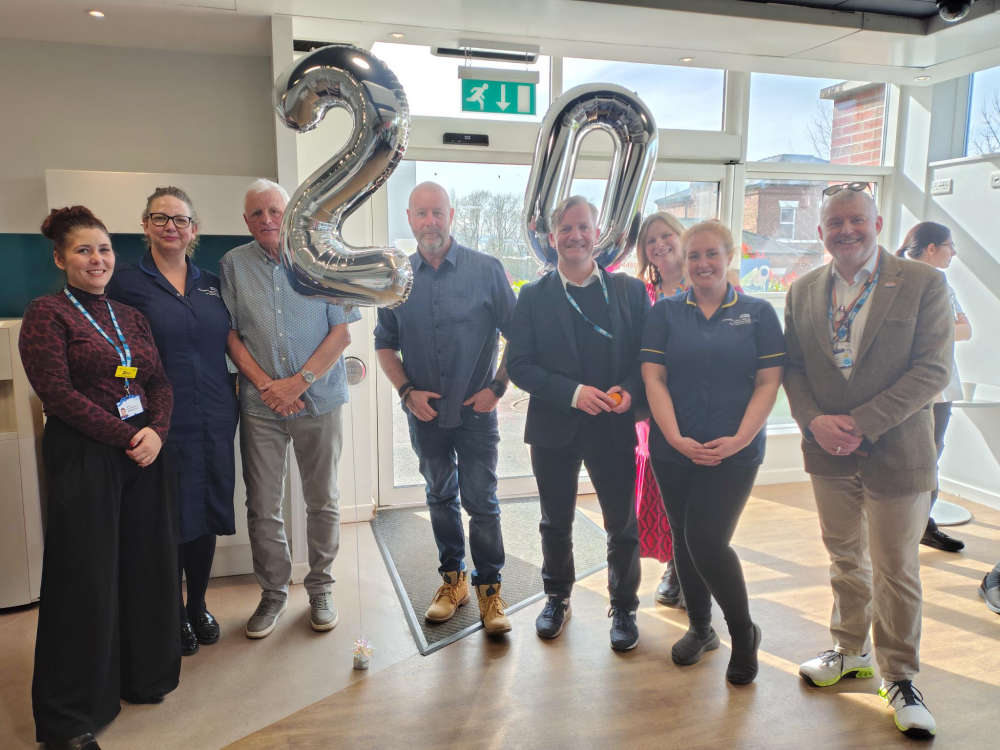
The Chancellor today set out the next steps in the UK Government’s strategy to secure the North West’s economic recovery from coronavirus – announcing a “Plan For Jobs” to level up, spread opportunity and unite the UK.
Rishi Sunak outlined how he would focus on protecting, supporting and creating jobs as the UK enters the next phase in its recovery following the outbreak.
Delivering his summer economic update, he said:
“Our plan has a clear goal: to protect, support and create jobs. It will give businesses the confidence to retain and hire. To create jobs in every part of our country. To give young people a better start. To give people everywhere the opportunity of a fresh start.”
As part of the three-point plan, the Chancellor announced that the government will:
- support jobs with a £1,000 Job Retention Bonus, investment in Jobcentre Plus support, support for apprenticeships, tripling the number of traineeships and sector-based work academies placements to build the skills people need to get back to work, and a £2 billion Kickstart scheme to subsidise jobs for young people;
- create jobs through a ‘Green Homes Grant’ and a new Public Sector Decarbonisation Scheme, and also by investing over £1.5 billion in key health infrastructure, over £1 billion for a new ten-year school rebuilding programme, and £1 billion for local projects to boost local economic recovery in the places that need it most;
- and protect jobs with VAT cuts for the hospitality sector and tourist attractions, as well as a Eat Out to Help Out discount scheme.
Rishi Sunak said the plan for jobs was the second phase of a three-phase plan to secure the UK’s economic recovery from coronavirus.
The first phase, beginning in March, focused on protection with a £160bn package of support – one of the largest and most comprehensive economic responses in the world. In the North West this package has so far protected more than 829,000 jobs, helped thousands of businesses and paid £594 million to 224,000 self-employed people.
The Chancellor outlined that following the second phase focusing on jobs, there would come a third phase focusing on rebuilding, with a Budget and Spending Review in the autumn.
Speaking about the impact for the North West, Chancellor Rishi Sunak said:
“We have set out our plan to protect, create and support jobs across the North West – levelling up opportunity as we safely reopen our economy.
“With money for skills, traineeships and apprenticeships and our new £2bn Kick Start scheme for young jobseekers, we’re supporting people into jobs.
“We’re creating thousands of jobs with more than £140m in shovel-ready projects for the region, investment to unlock up to 11,500 homes and improvements to transport links.
“And with VAT cuts for the hospitality and tourism sector and our Eat Out to Help Out scheme, we’re protecting 236,000 existing hospitality jobs in the North West.”
Supporting jobs
As part of the plan to support jobs, a Job Retention Bonus will be introduced to help firms keep furloughed workers. UK Employers will receive a one-off bonus of £1,000 for each furloughed employee who is still employed as of 31 January 2021.
A new £2 billion Kickstart Scheme will also be launched to create hundreds of thousands of new, fully subsidised jobs for young people across the country. Those aged 16-24, claiming Universal Credit and at risk of long-term unemployment, will be eligible. Funding available for each six-month job placement will cover 100% of the National Minimum Wage for 25 hours a week – and employers will be able to top this wage up.
A total of £1.6 billion will be invested in scaling up employment support schemes, training and apprenticeships to help people looking for a job. Young people, who are amongst the worst hit by the crisis, will benefit from this. This includes:
- Businesses will be given £2,000 for each new apprentice they hire under the age of 25. This is in addition to the existing £1,000 payment the Government already provides for new 16-18-year-old apprentices and those aged under 25 with an Education, Health and Care Plan.
- A £111 million investment to triple the scale of traineeships in 20-21 ensuring more young people have access to high quality training.
- £17 million of funding to triple the number of sector-based work academy placements
- £900 million to double the number of work coaches to 27,000;
- A quarter of a million more young people to benefit from an extra £32 million investment in the National Careers Service.
Creating jobs
The plan will also create tens of thousands of jobs through bringing forward work on £8.8 billion of new infrastructure, decarbonisation and maintenance projects.
This includes a £3 billion green investment package that could help support over 100,000 green jobs and upgrade buildings and reduce emissions.
As part of this package homeowners and landlords in England will be able to apply for vouchers from a £2 billion Green Homes Grant scheme this year to pay for green improvements such as loft, wall and floor insulation that could save some households hundreds of pounds a year on their energy bills while creating thousands of jobs for tradespeople.
And a £1 billion programme will make public buildings, including schools and hospitals, greener, helping the country meet its ambitions of achieving Net Zero by 2050, whilst investing in our future prosperity.
In addition, £5.8 billion will be spent on shovel-ready construction projects to get Britain building. This includes:
- £1.5 billion for hospital maintenance and upgrades
- £100 million for our local roads network
- Over £1 billion to start to rebuild schools in the worst condition in England, plus £760 million this year for key maintenance work on schools and FE colleges,
- £1 billion for local projects to boost local economic recovery in the places that need it most
- and £142 million for court maintenance to repair around 100 courts across England.
The Plan for Jobs confirms that the North West will benefit from:
- People and businesses in the North West will benefit from the Government’s dining out reduction to support the hospitality sector, which employs around 236,000 people in the region.
- Up to £140.7 million to fund shovel-ready projects across the North West to help provide a boost to the local economy and create jobs. This investment is being targeted on areas that are facing the biggest economic challenges as a result of the pandemic.
- This could include schemes such as Vertical Farming in Cumbria, which would see the development of the world’s largest integrated vertical farming solution providing secure sustainable food supply reducing reliance upon imports, and a National Sustainable Packaging Centre in Liverpool, that would create 2000 jobs.
- £126 million through the Brownfield Fund to deliver much needed new homes while protecting greenfield sites from unnecessary development. This is part of a move to unlock up to 11,500 in the Greater Manchester combined authority area and Liverpool City region.
- £16.75 million accelerated funding from the Towns Fund to kick-start activity in towns and high streets in 20 towns across North West, helping them to meet immediate challenges from the pandemic.
- The government will provide £10 million to develop plans for improving the reliability and capacity of the Manchester rail network.
- An additional £17.8 million of transport funding will be invested this year in order to support five new local roads projects in the region, including drainage repairs to storm-damaged Cumbrian roads and the strengthening of two key bridges on the A62 Oldham Way.
- £41.6 million through the Short Term Home Building Fundto help smaller developers access finance for new housing developments.
- A share of £250 million investment to make progress on replacing out-dated mental health dormitories with single-bed accommodation, allowing Lancashire Care, Pennine Care, and Mersey Care NHS Trusts to improve their mental health inpatient wards.
Protecting jobs
The plan will also protect jobs. The tourism and hospitality sectors are massive employers in the UK and have been severely impacted by the pandemic due to necessary closures to protect public health. 80% of hospitality firms stopped trading in April and 1.4 million hospitality workers have been furloughed – the highest proportions of any sector.
Ensuring there is enough demand as businesses reopen is key to helping these businesses recover and have the confidence to protect jobs and rehire. Therefore, to encourage people to safely return to eating out at restaurants the Government’s new Eat Out to Help Out discount scheme will provide a 50% reduction for sit-down meals in cafes, restaurants and pubs across the UK from Monday to Wednesday every week throughout August 2020.
The rate of VAT applied on most tourism and hospitality-related activities will also be cut from 20% to 5%. This will save households around £160 per year on average and, together with the Eat Out to Help Out Scheme, will support over 2.4m staff at over 150,000 businesses, helping them recover and reopen after the Covid-19 lockdown. This will give these businesses the confidence to maintain their staff, as more people get through the door and business activity kick-starts again.
We want people to feel confident to move, to buy, to sell, to renovate, and to improve their homes. So we’re introducing a temporary increase to the Nil Rate Band of Residential SDLT (Stamp Duty) from £125k to £500k until 31 March 2021. In England and Northern Ireland nearly 9 out of 10 people getting on or moving up the property ladder will pay no Stamp Duty at all. This will drive growth and support jobs across the housebuilding and property sectors.


 Ten arrested for drugs offences following warrants in Chester
Ten arrested for drugs offences following warrants in Chester
 Ten arrested for drugs offences following warrants in Chester
Ten arrested for drugs offences following warrants in Chester
 Suspended prison sentence and indefinite ban for Cheshire man who abused his dog
Suspended prison sentence and indefinite ban for Cheshire man who abused his dog
 Recovered Stolen Items
Recovered Stolen Items
 Man charged in relation to courier fraud
Man charged in relation to courier fraud
 Police to target criminal use of Cheshire’s roads
Police to target criminal use of Cheshire’s roads
 Council awarded Gold Armed Forces Award
Council awarded Gold Armed Forces Award
 Appeal for footage and witnesses following collision in Delamere
Appeal for footage and witnesses following collision in Delamere
 Appeal for information following serious collision in Chester
Appeal for information following serious collision in Chester
 Your chance to get involved in police scrutiny meetings
Your chance to get involved in police scrutiny meetings
 New Events at Jodrell Bank
New Events at Jodrell Bank
 Inspiring Futures at The Queen’s School
Inspiring Futures at The Queen’s School
 Bowmere Hospital celebrates 20 years of mental health care
Bowmere Hospital celebrates 20 years of mental health care
 Man charged with burglary and drug offences following Chester police stop check
Man charged with burglary and drug offences following Chester police stop check
 Vicars Cross Road closed following collision in Chester
Vicars Cross Road closed following collision in Chester
 Man jailed for controlling and coercive behaviour and assault
Man jailed for controlling and coercive behaviour and assault
 Plan unveiled to transform and improve emergency care at Countess of Chester Hospital
Plan unveiled to transform and improve emergency care at Countess of Chester Hospital
 Chester & Wirral Football League - Weekend Round Up
Chester & Wirral Football League - Weekend Round Up
 Ladbrokes returns to Chester Racecourse
Ladbrokes returns to Chester Racecourse